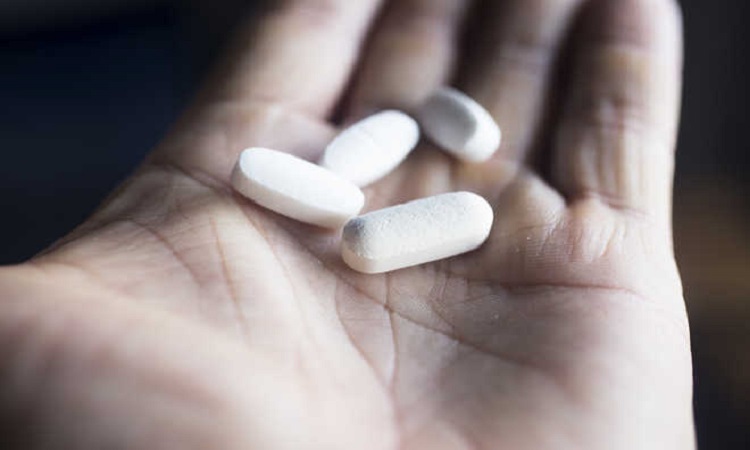During the first months of the Covid-19 pandemic in the Wuhan region of China, doctors discovered a surprising finding. Poor elderly people were able to survive the virus, a hard fact that contrasts with the expected reality for this sector of the population.
However, a review of the survivors’ medical records showed that a significant number suffered from chronic heartburn. Therefore, to control the discomfort, they took a drug called famotidine, an active ingredient in a commercial product called Pepcid.
Famotidine works on the acid-producing cells in the stomach and suppresses the burning sensation. The theory of a group of researchers at the University of Virginia is that the active ingredient can inhibit histamine receptors, which produces heartburn. In this sense, just as any drug can cause side effects, one of these could be fighting Covid-19.
Phil Bourne, who is dean at the School of Data Science, explained that if a key compound in a drug is capable of treating particular ailments, further study could provide clues to attack other ailments.
According to Bourne, to find out if a drug is effective in treating a particular condition, scientists develop early trials. However, this method can take years and when dealing with a pandemic like the current one, it is useful to explore other options.
Data scientists Phil Bourne and Cameron Mura worked with an international team to analyze a database with medical records of millions of Covid-19 patients. The team narrowed this number and selected just 22,000 people from 30 different countries who tested positive for Covid-19. In this way, they found a relationship between the size of the largest sample of the drug that fights heartburn and the disease.
“We want to extract the data from the results and create a research tool to clearly determine if there is a concrete basis between famotidine and SARS-CoV-2,” Mura added. The team’s analysis was published in the journal Signal Traduction & Targeted Therapy, showing data supporting the research and other smaller-scale studies.
This publication explains that when high doses of Pepcid are administered, famotidine appears to improve the chances of survival of patients with Covid-19. Furthermore, when combined with aspirin it appears to hinder the severity of the virus’s progression. This makes patients less likely to reach a critical point during illness.
For now, scientists are focused on understanding how the side effect of famotidine works in patients. In this sense, they seek to continue analyzing the existing information on the relationship between drugs against heartburn and Covid-19. In addition, the study co-authors intend to propose a cohesive theory that helps explain the patterns of the drug’s active ingredient.




